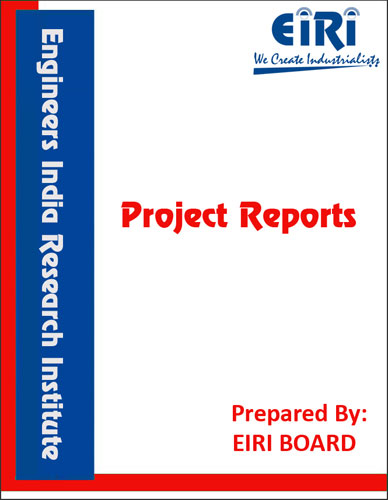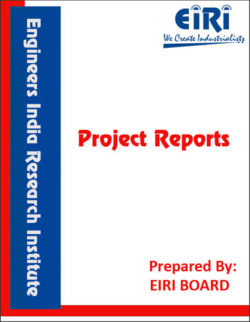FRACTIONAL DISTILLATION OF CRUDE OIL
The project report includes Present Market Position and Expected Future Demand, Market Size, Statistics, Trends, SWOT Analysis and Forecasts. Report provides a comprehensive analysis from industry covering detailed reporting and evaluates the position of the industry by providing insights to the SWOT analysis of the industry.
We can prepare PROJECT REPORT as per your INVESTMENT PLAN for BANK LOAN REQUIREMENT and INDUSTRY ANALYSIS. All reports are prepared by highly qualified consultants and verified by a panel of experts.
Have Query? Click Here to Chat
Industry Expert is Online, Chat with him for more detail.

Crude oil is a not a uniform substaince its appearance and characteristics very widely from oil field and even from well to well in the same oil field.
It may not be even a homogeneous substance as it can contain beside dissolved gases dissolved solids and colloidal suspensions.
One authority defines crude petroleum as follows (As TM) D-288). A naturally accurring mixture consisting predominantly of hydrocarbons and/ or of substance nitrogen and/ or oxygen derivative of hydrocarbons which is removed from the earth in liquid state or is capable of being removed.
Crude petroleum is commonly accompanied by varying quantities of extraneous substaince such as water inorganic matter and gas. The removal of such extraneous substainces alone does not change the status of the mixture of crude petroleum fractional distillation column containing a number of separation stages arranged vertically is required to achieve a higher degree of separation. In a stagenise operation the descending liquid
passes thraugh a number of stage where it is contacted a counter current flow of ascending vapour.
1. INTRODUCTION
2. USES AND APPLICATION
3. MARKET SURVEY
4. PROPERTIES
5. B.I.S. SPECIFICATION
6. MANUFACTURING PROCESS
7. PROCESS FLOW SHEET
8. RAW MATERIAL SUPPLIERS
9. PLANT & MACHINERY SUPPLIERS
10. ADDRESSES OF CONSULTANCE
APPENDIX – A :
1. COST OF PLANT ECONOMICS
2. LAND & BUILDING
3. PLANT AND MACHINERY
4. FIXED CAPITAL INVESTMENT
5. RAW MATERIAL
6. SALARY AND WAGES
7. UTILITIES AND OVERHEADS
8. TOTAL WORKING CAPITAL
9. COST OF PRODUCTION
10. PROFITABILITY ANALYSIS
11. BREAK EVEN POINT
12. RESOURCES OF FINANCE
13. INTEREST CHART
14. DEPRECIATION CHART
15. CASH FLOW STATEMENT
16. PROJECTED BALANCE SHEET



